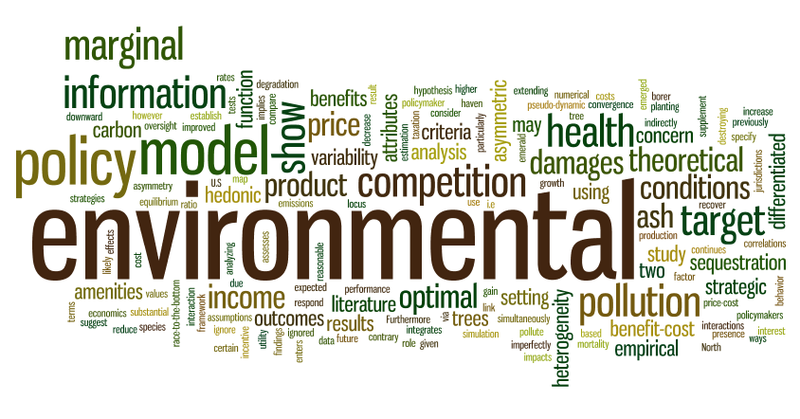Richard McNeil, “Ethics Primer”
McNeil’s primer serves as an introduction to several different schools of ethical thought, including definitions and brief examinations of agents within an ethical decision making process. McNeil gives this overview, as well several examples, as a means of demonstrating the complexity involved with ethical decision making, especially with regard to the environment. Each example is followed by several questions, thus reflecting the key takeaway within ethics: ask critical questions, and consider the implications of your actions beyond your frame of reference. Towards the end of the primer, McNeil examines moral dilemmas by presenting four main categories of opposing “rights”. While he presents these rights as being in direct conflict with each other, I would argue that the solutions to these issues are not answered in the same binary format. For example, being just is not always in direct opposition with being merciful. Making a choice very rarely results in a single, unaffected outcome along one ethical path. Ethical choices are more of ripple effects; they extend outwards and have innumerable intended and unintended outcomes. In his conclusion, McNeil acknowledges the inherent complexity of ethics and that there is no uniform system for the world to adhere to. Ethical considerations are crucial especially when applied to the environment, as the ethical ambiguity along the borders of different individuals and communities can be a source for conflict, and an area of neglect when far-reaching environmental implications aren’t taken into account.
